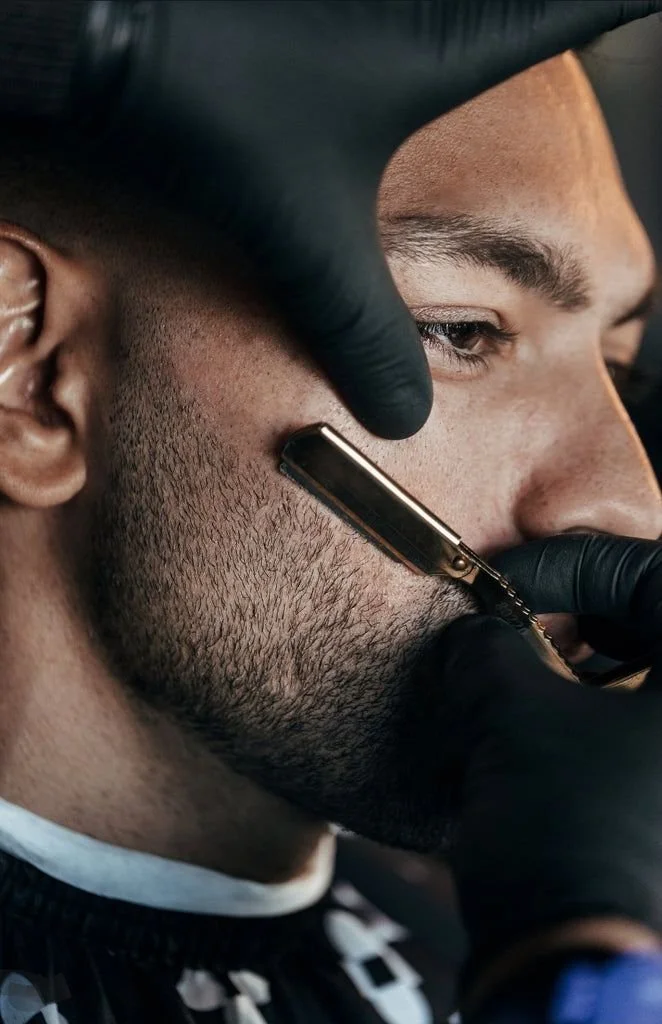Can You File A Personal Injury Claim For Psychological Injuries?
When most people think of personal injury claims, they often imagine visible wounds—broken bones, whiplash, or bruises. But what about the injuries you can’t see? Psychological trauma, such as post-traumatic stress disorder (PTSD), severe anxiety, or depression, can be just as debilitating as physical harm—sometimes even more so.
In a city like Las Vegas, where high-stress incidents such as car accidents, casino-related injuries, and slip-and-falls are common, emotional distress is increasingly recognized in personal injury law. Yet, many victims hesitate to pursue compensation, unsure whether emotional suffering "counts" under the law. The truth? It often does—but proving it can be a complex legal battle.
Fortunately, Nevada law allows victims to seek damages for psychological injuries, especially when tied to physical harm or extreme negligence. However, these claims require strong evidence, expert testimony, and a strategic legal approach. That’s where a skilled Las Vegas personal injury lawyer becomes essential.
If you’re suffering from emotional trauma after an accident, don’t assume your pain is invisible in the eyes of the law. In this article, we share what you need to know about filing a claim for psychological injuries—and how to fight for the compensation you deserve.
No. 1
Can You File a Personal Injury Claim for Psychological Injuries?
Yes, you can. Psychological injuries—such as PTSD, chronic anxiety, depression, or emotional distress—can severely impact your daily life, relationships, and ability to work. Unlike physical injuries, these conditions are often invisible, making them harder to prove in court.
However, Nevada law acknowledges emotional suffering as a legitimate form of harm. In many cases, victims are entitled to compensation for mental and emotional trauma—especially when it stems from a physical injury or egregious conduct by another party.
No. 2
When Can You Claim Compensation for Psychological Injuries?
Under Nevada law, there are two main pathways to pursue compensation for psychological harm:
1. Emotional Distress Tied to a Physical Injury
If your emotional trauma is connected to a physical injury—such as from a car crash, workplace accident, or slip-and-fall—you can include emotional distress as part of your personal injury claim.
Nevada often follows the “impact rule,” which means that in most cases, you must have suffered some form of physical harm to recover damages for emotional suffering.
2. Standalone Emotional Distress Claims
In rare but serious cases, you may be able to file a claim for negligent or intentional infliction of emotional distress (IIED) even without a physical injury.
Under Nevada Revised Statutes (NRS) 41.095, to succeed in such a claim, you must prove:
The defendant’s conduct was outrageous or extreme
Your emotional distress was severe and diagnosable (e.g., PTSD, inability to work, suicidal ideation)
The defendant’s actions directly caused your psychological suffering
These cases are more difficult to win and require compelling evidence and expert testimony.
No. 3
Types of Psychological Injuries Recognized in Nevada Claims
Nevada courts have awarded damages for a wide range of mental health conditions, including:
Post-Traumatic Stress Disorder (PTSD) – Often follows violent accidents, assaults, or traumatic events
Severe Anxiety & Depression – Common in victims facing long-term disability, disfigurement, or chronic pain
Phobias & Panic Disorders – Such as a fear of driving after a car accident
Sleep Disorders & Insomnia – Resulting from emotional trauma or physical pain
Adjustment Disorders – Difficulty coping with life changes after an injury
These conditions must be diagnosed by a licensed mental health professional and clearly linked to the incident in question.
Alcami Elements
Stay sharp and energized with Alcami Elements for focus.
Boost your mental clarity and productivity with this natural formula designed to help you conquer your day.
No. 4
Proving Psychological Injuries in Court
Unlike a broken bone or visible scar, emotional trauma doesn’t show up on an X-ray. That’s why proving psychological injuries requires a strategic, evidence-based approach.
Key Evidence May Include
Medical Records – Diagnoses from psychiatrists, psychologists, or licensed therapists
Expert Testimony – Mental health professionals can explain the impact of the trauma on your daily life
Personal Journals or Logs – Documenting panic attacks, mood swings, or inability to function
Witness Statements – From family, friends, or coworkers who’ve observed behavioral changes
Timeline Correlation – Evidence showing that symptoms began after the incident, with no prior history
A well-prepared injury attorney will know how to gather and present this evidence effectively.
No. 5
Challenges in Psychological Injury Claims
Insurance companies are notoriously skeptical of emotional distress claims.
They may argue that:
Your symptoms are exaggerated
The emotional distress is unrelated to the accident
You had a pre-existing mental health condition
To counter these tactics, your legal team must present consistent medical documentation, objective evaluations, and credible testimony.
A Strong Case Will Include
Ongoing treatment records from mental health professionals
Evaluations from neutral, court-approved experts
Statements from employers or loved ones about behavioral changes
A clear link between the incident and the onset of symptoms
Without legal representation, it’s easy for these claims to be dismissed or undervalued. That’s why hiring a personal injury lawyer is critical.
No. 6
What Compensation Can You Recover?
If your claim is successful, you may be entitled to various forms of compensation, including:
Therapy and Medication Costs – Past and future mental health treatment
Lost Wages – If your condition prevents you from working
Pain and Suffering – For reduced quality of life and emotional anguish
Loss of Enjoyment of Life – If you can no longer engage in hobbies or relationships
Punitive Damages – In cases involving extreme recklessness or intentional harm
The amount awarded depends on the severity of your condition, the impact on your life, and the strength of your evidence.
Takeaways
Psychological injuries are real, and they matter. While these claims are more complex than those involving physical harm, they are not impossible to win. Nevada law provides a path for victims to seek justice for emotional trauma, but success depends on strong evidence, expert support, and skilled legal representation.
If you're suffering emotionally after an accident in Las Vegas, don’t dismiss your pain as “invisible.” The law may be on your side, but you’ll need the right advocate to make your case.
Consult a trusted personal injury attorney to explore your legal options and fight for the compensation you truly deserve.
Looking for resources?
At Hello Lovely Living, we aim to empower you to earn and save money and time while benefiting from our expansive network of home, life, wellness, travel, work-from-home, career, and business resources and opportunities. Discover a wealth of tools to support your journey.































